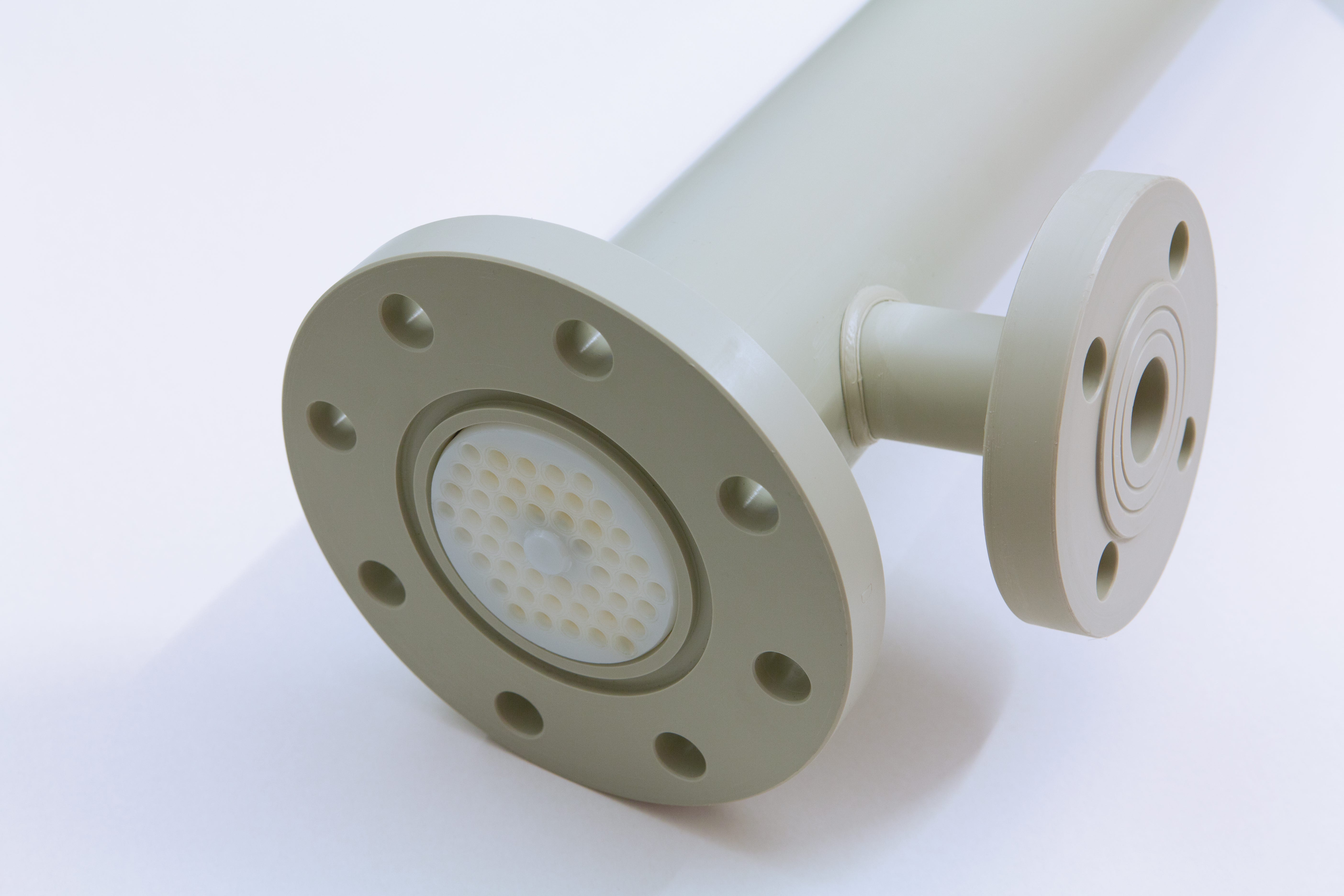MF - Microfiltration
Microfiltration (MF) is a membrane filtration technology that removes particles larger than 0.1 microns in size from a liquid. This includes bacteria, algae, protozoa, and other suspended solids. MF is used in a variety of applications, including water and wastewater treatment, food and beverage processing, and pharmaceutical manufacturing.
MF membranes are typically made of polymeric materials, such as polyvinylidene fluoride (PVDF) or polyethersulfone (PES). The membranes are configured into modules that can be operated in a variety of ways, including crossflow and dead-end.
In crossflow operation, the feed liquid is pumped across the surface of the membrane. This creates a shear force that helps to prevent fouling of the membrane. In dead-end operation, the feed liquid is pumped through the membrane module. This type of operation is less complex and less energy-intensive than crossflow, but it is more prone to fouling.
MF is a versatile and effective technology for removing particles from a liquid. It is also a relatively low-cost technology, making it a good choice for a variety of applications.
